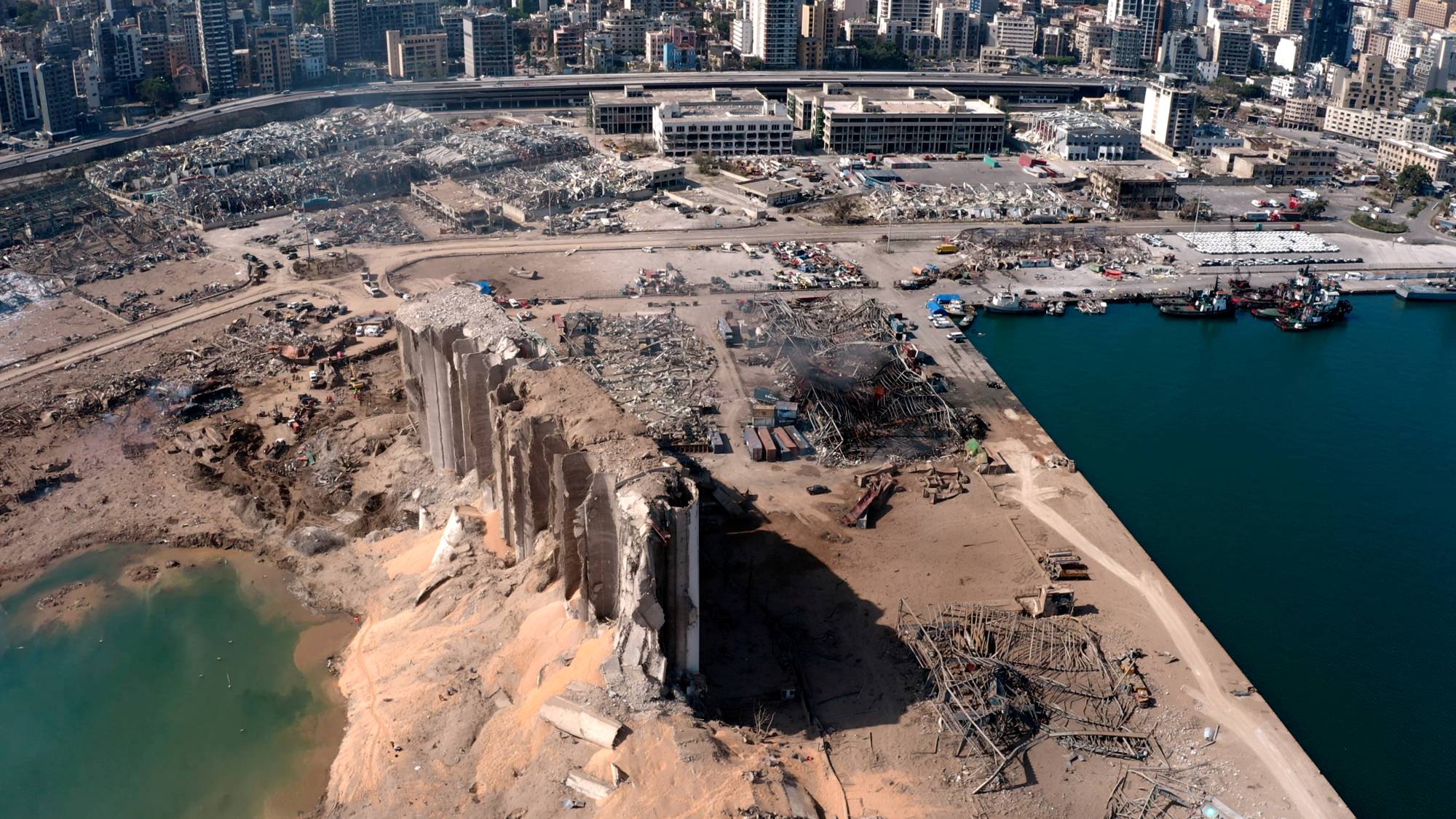They gather in groups, wearing black, in the shadow of buildings gutted by the explosion that shook this city on Aug. 4. Men, women and children from Christian and Muslim sects cradle portraits of their dead.
Beirut has been blown back to the vigils of its 1975-1990 civil war. Then, families demanded information about relatives who had disappeared. Many never found out what happened, even as the country was rebuilt. Today's mourners know what happened; they just don't know why.
Four months on, authorities have not held anyone responsible for the blast that killed 200 people, injured 6,000 and left 300,000 homeless. Many questions remain unanswered. Chief among them: Why was highly flammable material knowingly left at the port, in the heart of the city, for nearly seven years?
















With your current subscription plan you can comment on stories. However, before writing your first comment, please create a display name in the Profile section of your subscriber account page.